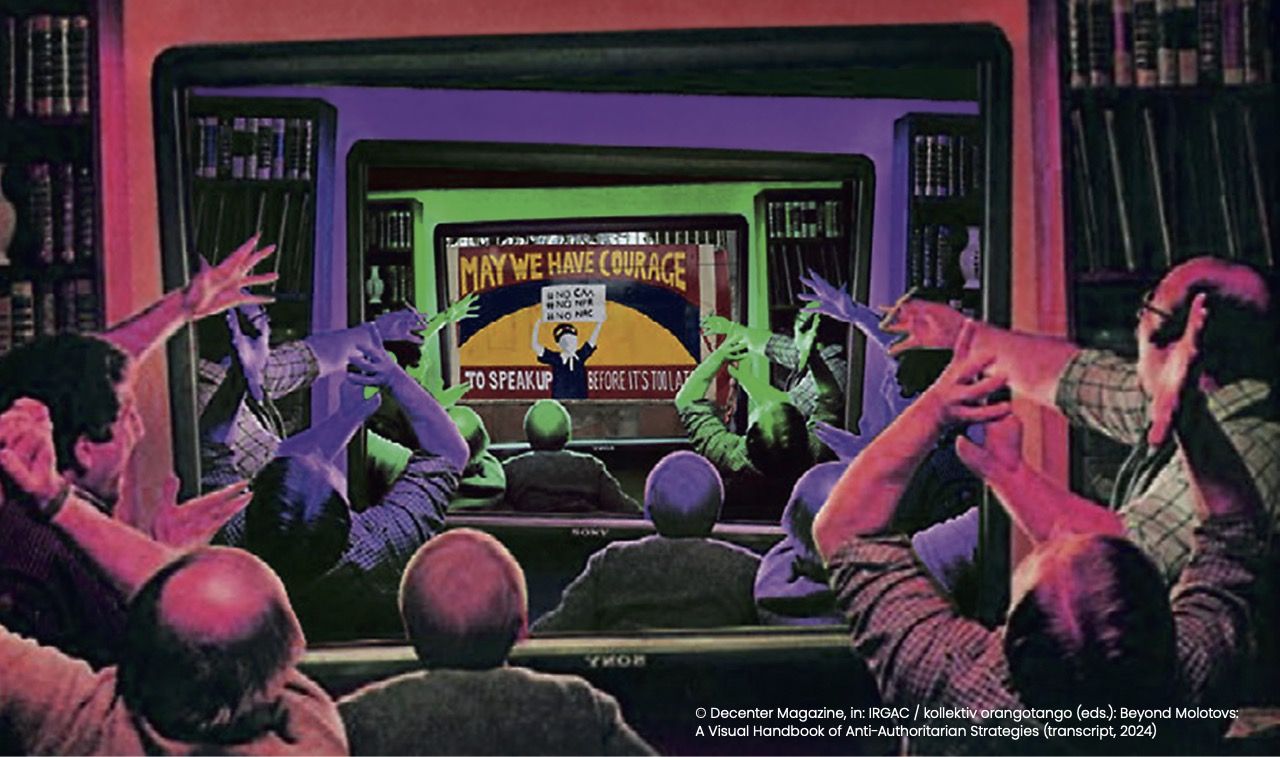
1.G191, unless otherwise stated
In recent years, against the backdrop of geopolitical and economic shifts, militarization, and the escalating impacts of climate crises, the global political landscape is marked by severe attacks on parliamentary democracy. The rise of right-wing parties, movements and governments reflects the growing approval of authoritarianism and the erosion of democratic norms and institutions. Although the manifestations of this trend vary across national and regional contexts, there are discernible commonalities that link diverse conservative, religious, and right-wing political agendas. A particularly striking communality of all these movements is their fixation on gender equity and diversity as a fundamental ideological threat. Across different (historical) regimes, anti-equality campaigns have consistently emerged—characterized by an emphasis on the “traditional family”, the celebration of openly misogynistic and anti-trans* leadership figures, and lately in denunciations of so-called “gender ideology”. These forms of mobilization seem to be not merely by-products of authoritarianism but rather key indicators of broader anti-democratic projects, both historically and in contemporary contexts.
This lecture series will explore the interconnected dynamics of democratic erosion and gender equality backlash, situating current developments within a broader historical and comparative perspective. It asks to what extent assaults on gender equity and diversity are interconnected with the processes of democratic backsliding we are witnessing today as well as with authoritarian desires and politics.
